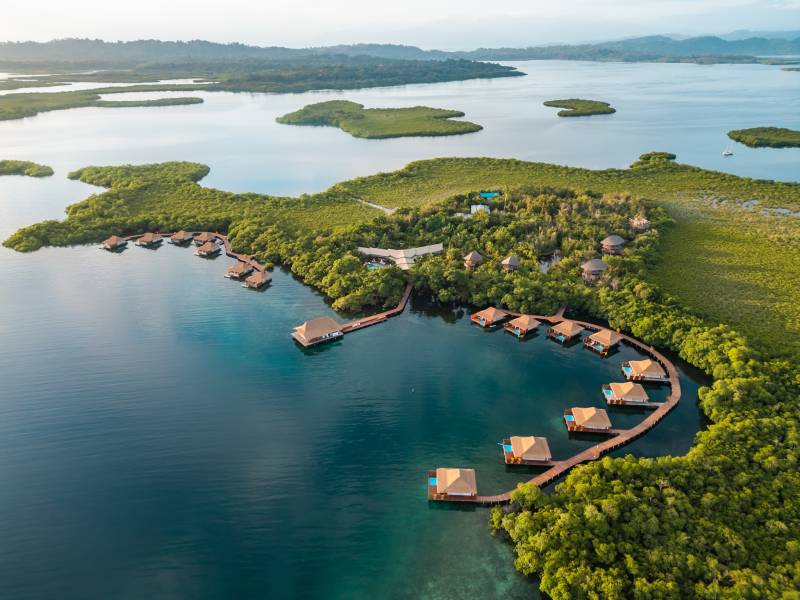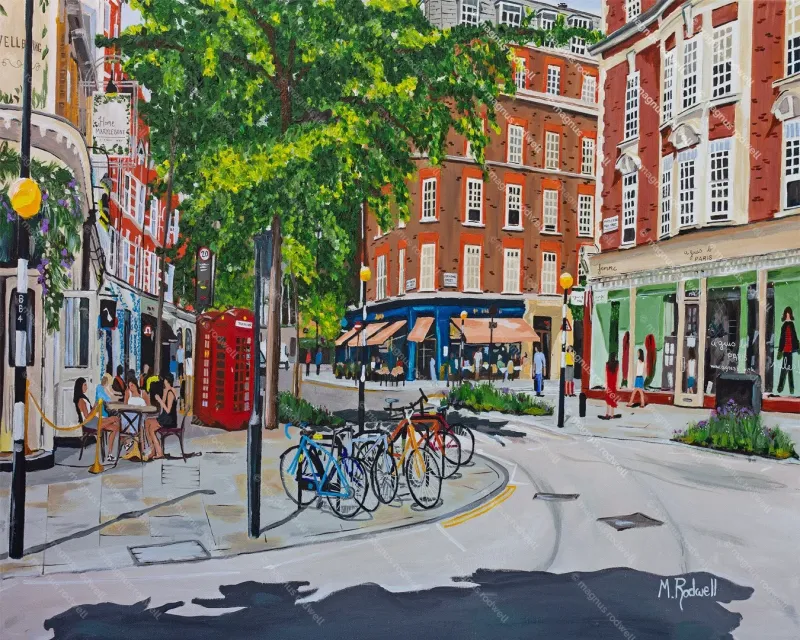Saudi Arabia has abolished all Covid-related entrance restrictions for international visitors with tourism visas.
Visitors to Saudi Arabia will no longer be required to show proof of vaccination or a PCR test in order to enter the country.
Institutional quarantine regulations will be lifted, and all travelers from currently red-listed nations will be permitted admission.
Masks will be required only in enclosed public venues, including Makkah and Madinah, and social distancing laws would be eased across the country, including Makkah and Madinah.
The removal of limitations on leisure, commercial, and religious travelers represents the most complete overhaul to travel laws since Saudi Arabia initially opened its borders to international visitors in September 2019, little than six months before its borders were closed due to the pandemic.
Fees for all visa categories will include a "nominal cost" for Covid-19 medical insurance.
Prior to the relaxation of laws, visitors were required to provide a negative PCR test taken no more than 48 hours before arrival, while quarantine was necessary for some tourists and others were red-listed because to the prevalence of Covid-19.
Following the outbreak of the epidemic in 2020, Saudi Arabia was one of the first countries to close its borders.
All public venues, including hotels, restaurants, public buildings, and businesses, have strong health and safety regulations in place, according to the government.
"We appreciate the central government's decision, which safeguards both lives and livelihoods while welcoming travelers back to Saudi," said Tourism Minister Ahmed Al Khateeb.
Our country's extensive vaccination program and other effective attempts to limit viral spread enabled us to return to pre-pandemic levels of openness.
"By lowering travel expenses and difficulties, we are also helping the many thousands of people who rely on tourism, while driving revenue to businesses that have been adversely impacted by the pandemic.



